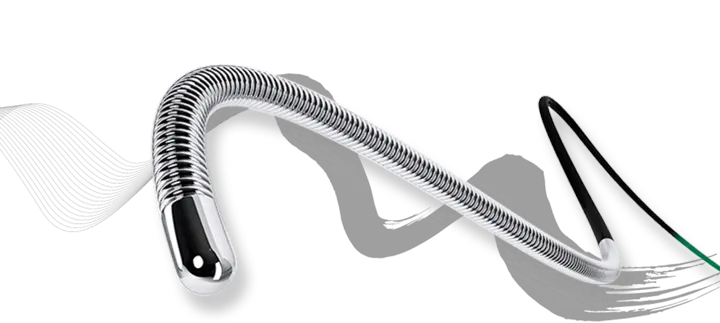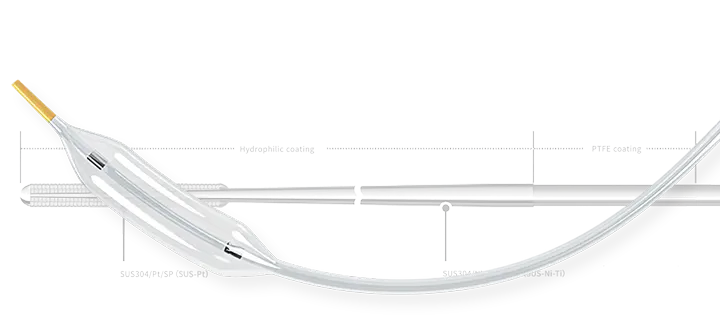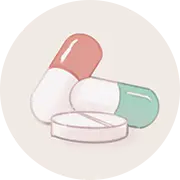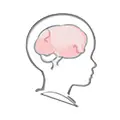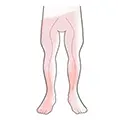Preventing recurrence of angina and myocardial infarction
Healthcare
About This Information:
This English version is a translation of content originally created based on medical information used in Japan. Accordingly, the data and treatment approaches presented reflect the situation in Japan and may differ from those in other countries or regions.
Supervised by: Dr. Shigeru Nakamura (Vice President and Director, Cardiovascular Center, Kyoto Katsura Hospital)
Once discharged from the hospital after being treated for angina or acute myocardial infarction, maintaining the heart’s health and minimizing the risk of recurrence is crucial.

-
Take medication as directed
Do not forget to take medications as prescribed. Do not stop any medications without first consulting a medical professional.
-
Exercise within your limits
Walking is recommended because it is less strenuous on the heart. How much exercise you can do depends on your condition. Consult with your doctor before starting any new exercise routines.
-
Schedule regular follow-up appointments
Regularly follow-up with a doctor at an outpatient department or clinic after discharge. Consult with your doctor if you have any worries or concerns.
-
Maintain a balanced diet
Choose a balanced diet with less salt and fat, and include foods rich in dietary fiber.
-
Drink in moderation
Excessive alcohol consumption puts a strain on the body. If you drink alcohol, enjoy responsibly.
-
Quit smoking
Smoking strains the heart and is reported to increase the risk of myocardial infarction by 3–5 times. Quit smoking.
"Heart rehabilitation" with a team that supports patients
Heart rehabilitation is a general program to help patients return to healthy lifestyles after myocardial infarction and heart surgery while also preventing recurrence. It includes exercise therapy, educational material about the disease, advice on healthy lifestyles, and counseling. The program also offers diet and smoking cessation guidance. The medical team proposes and carries out a rehabilitation program tailored to each patient. The Japanese Association of Cardiac Rehabilitation was established in Japan in 1995. An increasing number of medical institutions now provide heart rehabilitation programs.
The Japanese Association of Cardiac Rehabilitation (external website)